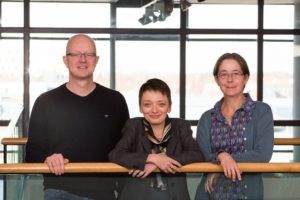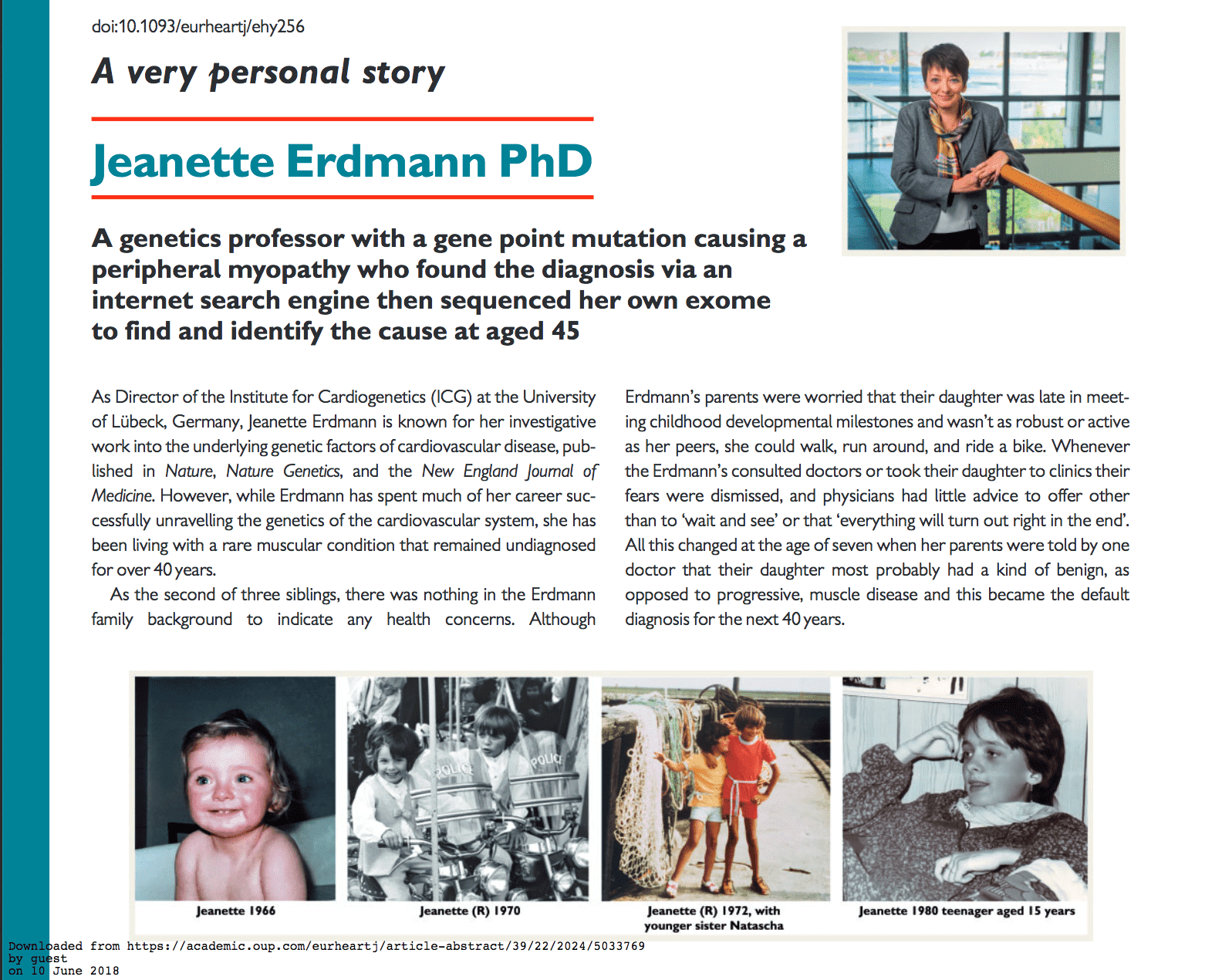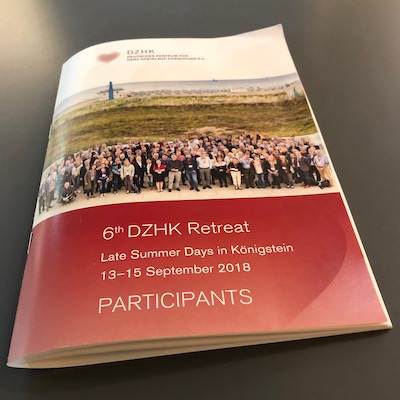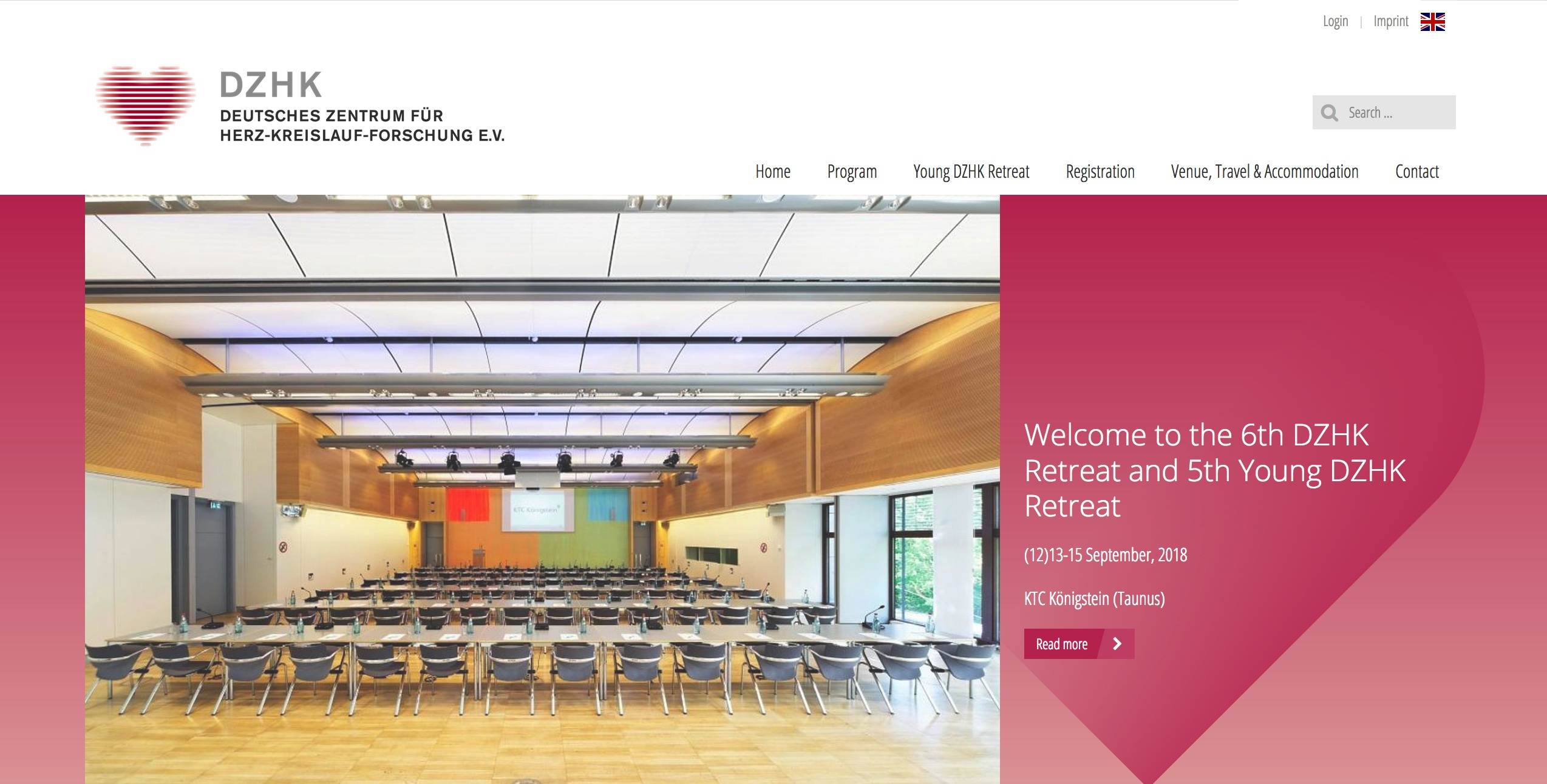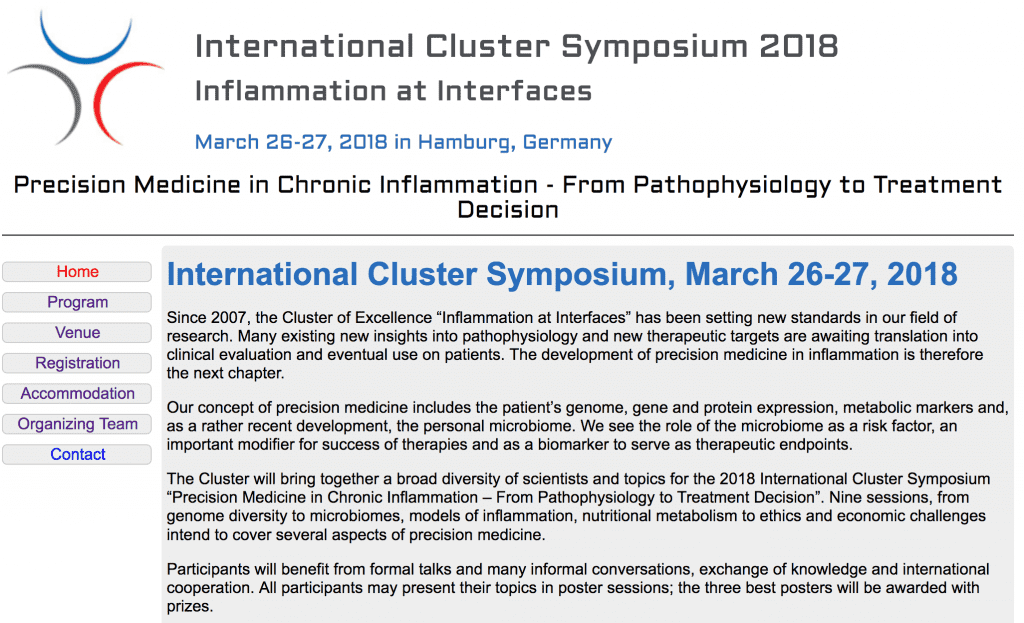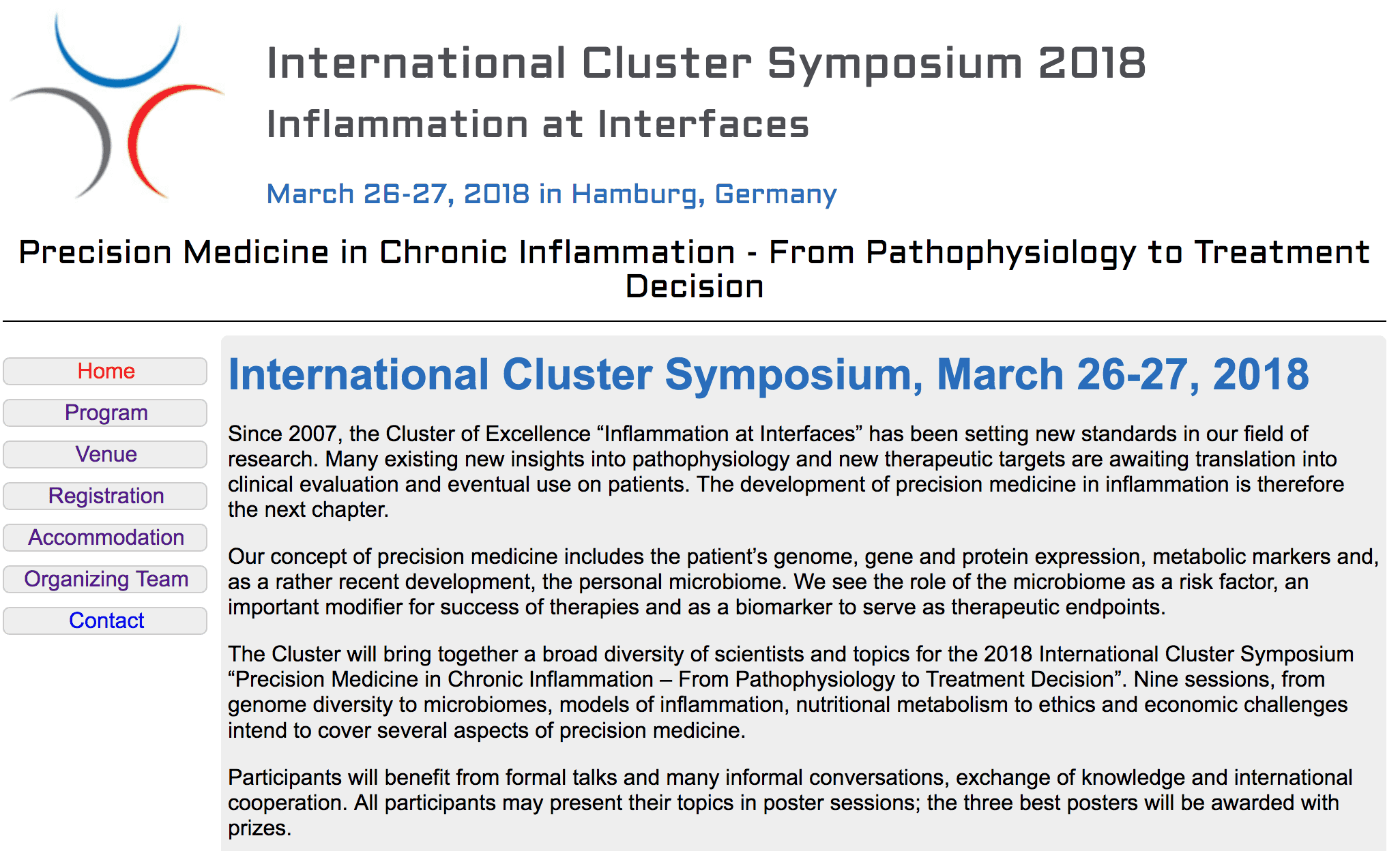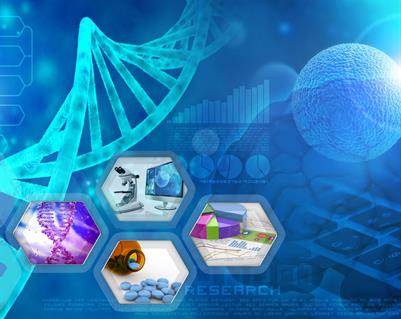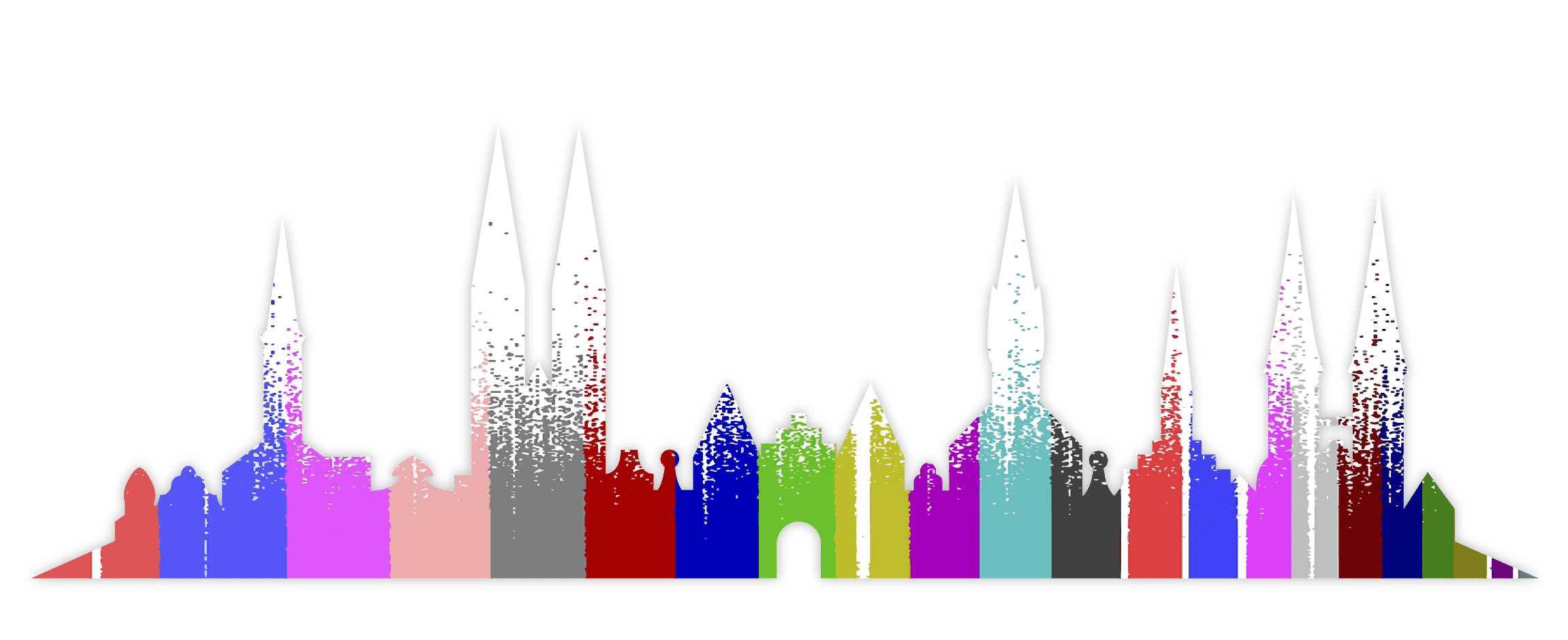Is Germany losing the international lead in genome sequencing and genetic diagnosis of previously unknown causes of disease? In Germany, around 30,000 children and their parents would be able to completely decipher their genetic material each year. In this way, it would be possible to track down unexplained diseases and advance the molecular understanding of diseases. This figure is calculated from around 760,000 newborns per year and an assumed frequency of up to four percent for developmental disorders caused by individual gene defects that could be investigated for their cause using whole genome sequencing (WGS).
The costs of deciphering the human genome in this way are falling rapidly worldwide. Huge databases with known mutations in 4,000 of the estimated 20,000 human genes are being created. In experienced clinical centers, “whole genome sequencing” (WGS) allows molecular diagnoses in about half of the cases studied, especially for such monogenic hereditary diseases. Other countries are leading the way: The National Health Service (NHS) of the United Kingdom has decided to introduce this complete decoding of the genetic material nationwide from October 2018 as part of routine genetic diagnostics for the clarification of certain diseases. Complete genome sequencing is to be used in intensive care units for newborns and children without a clear diagnosis, in addition to certain types of cancer. Other leading industrial countries such as France, the USA and China are moving in the same direction with their genome medicine programmes and are making rapid progress.
With the press briefing on the WISSENSWERTE renowned human geneticists present concepts for a course change for Germany. How can genome medicine in this country develop further in order to find an international connection? Why would it make sense to completely decipher the genome of newborns and children with developmental disorders? What about the “Polygenic Risk Scores”, which allegedly allow predictions to be made about individual risks for complex widespread diseases? Which strategy for genome sequencing in medicine would be the most sensible for Germany?
These questions – and yours! – will be answered by the experts on the podium.
You can watch the entire discussion on Youtube.
REFERENT*INNEN:
Prof. Dr. Michael Krawczak
Direktor des Instituts für Medizinische Informatik und Statistik
Christian-Albrechts-Universität zu Kiel
Prof. Dr. Jeanette Erdmann
Direktorin des Instituts für Kardiogenetik
Universität zu Lübeck
Prof. Dr. Olaf Rieß
Ärztlicher Direktor des Instituts für Medizinische Genomik und Angewandte Genomik
Universitätsklinikum Tübingen
Prof. Dr. Hans-Hilger Ropers
emeritierter Direktor am Max-Planck-Institut für molekulare Genetik Berlin und Professor
und Facharzt am Institut für Humangenetik, Universität Mainz
MODERATION:
Volker Stollorz
Redaktionsleiter Science Media Center Germany, Köln
Translated from the German website.


